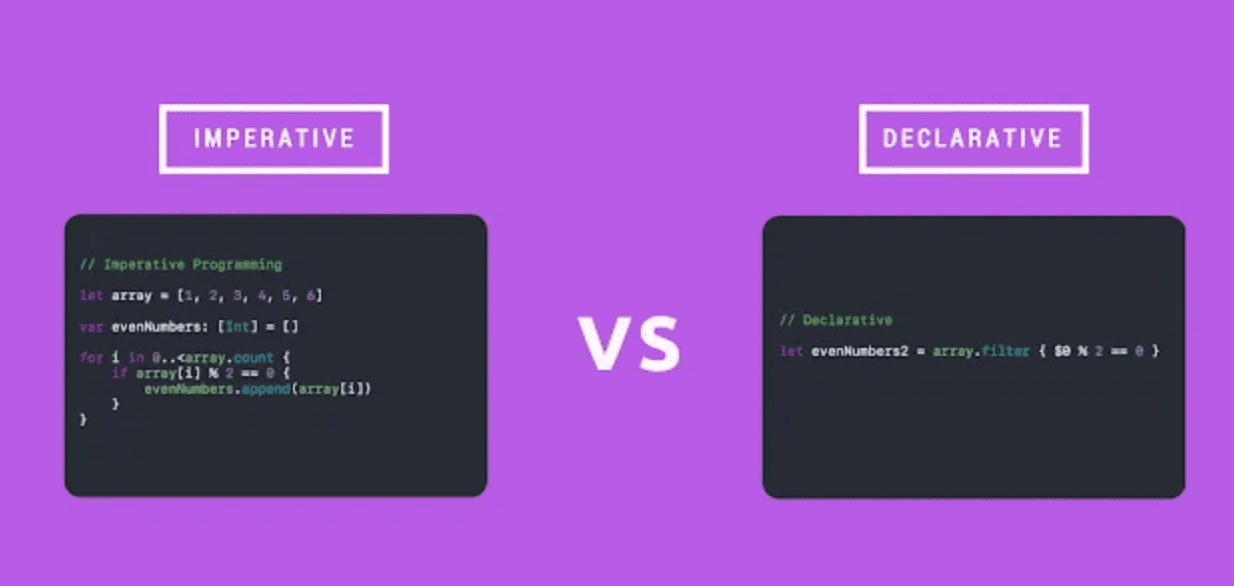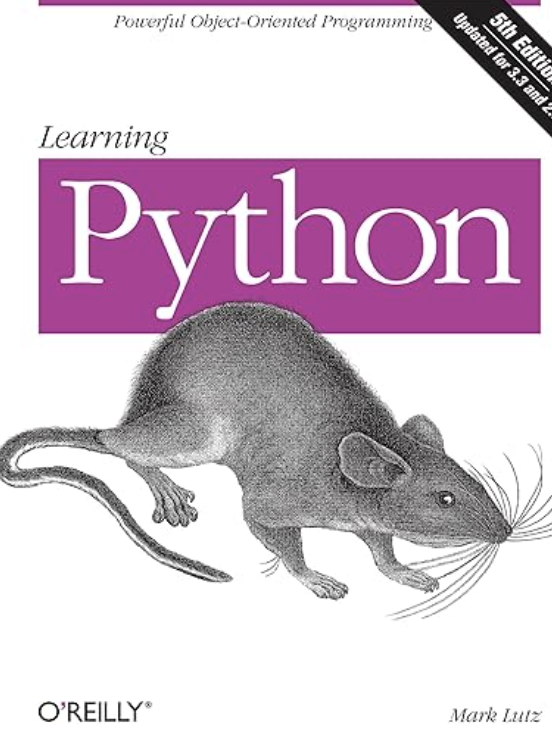Learning Outcomes
• Write Python programs using lists, tuples, dictionaries, and regular expressions.
Describe how names, values, memory, and types are bound to variables and how this may
differ in different programming languages.
• Trace garbage collection algorithms and understand the challenges associated with
reclaiming dynamic memory.
• Write programs in a functional language using higher-order operations on aggregates.
• Convert among equivalently powerful notations for regular languages, including DFAs,
NFAs, and regular expressions.
• Use a context-free grammar to generate strings in a context-free language.
• Describe Turing machines and the halting problem and their significance with respect to
computability.
• Explain the connections between context-free grammars, context-free languages, and
compilers.
• Describe the differences between interpretation, compilation to native code, and
translation to portable intermediate representation.
Imperative: Specify how the computer should do it
Declarative: Specify what the computer should do

